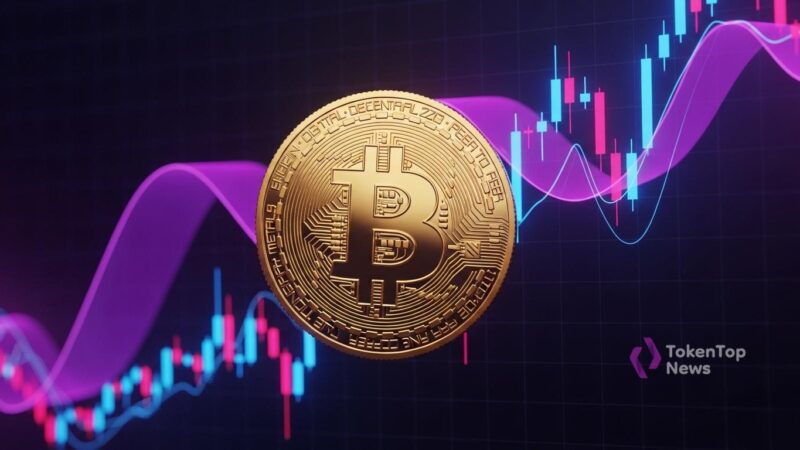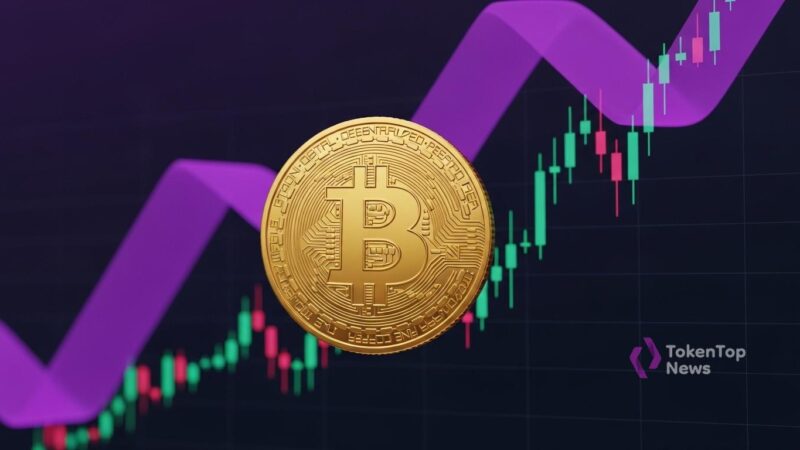PancakeSwap Cements Position as Leading DEX in Q2
- PancakeSwap leads DEX market in Q2 2025 surge.
- Decentralized exchanges gain record market share.
- Binance Alpha launch drives significant trading activity.

PancakeSwap became the largest decentralized exchange by spot trading volume in Q2 2025, surpassing centralized exchanges due to Binance Alpha’s launch, significantly impacting market dynamics.
The surge in PancakeSwap’s trading volume underscores shifting trading patterns towards decentralization, driven by Binance Alpha’s influence on market liquidity pathways.
PancakeSwap’s emergence as the largest DEX is linked to Binance Alpha, routing significant trading activity through PancakeSwap since May 2025. Binance has integrated mechanisms ensuring scalable liquidity and attracting users from established centralized exchanges. Richard Teng, CEO of Binance, emphasized the impact, stating:
“Binance Alpha launch is a major step in our strategy to bridge centralized liquidity with decentralized protocols, empowering BNB Smart Chain and PancakeSwap users with deeper, more efficient markets.” – CoinDesk
This integrated framework spurred PancakeSwap’s growth to command 45% of the DEX market by volume over the quarter, effectively tripling its influence in decentralized markets.
Immediate effects included a 25.3% quarterly growth in spot DEX trading volume, amounting to $876.3 billion compared to a 27% decline for CEXs. The Dex-to-Cex ratio climbed to a record 0.23, affirming a pivot toward decentralized exchanges. This shift highlights the decentralization trend in crypto trading, catalyzed by Binance Alpha’s market integration.
Financial implications are notable, with BNB Smart Chain overtaking Ethereum ETH +0.00% in DEX activity, and Solana-based DEXs witnessing substantial volume dips. Market liquidity concentrated in BSC, reversing prior trading patterns. Regulatory clarity remains unaltered with no new SEC actions, maintaining existing frameworks around DEX market expansions.
Potential outcomes could include continued growth in decentralized exchange popularity and reshaping of traditional market dynamics. Historical trends show increasing rigidity in CEX operations prompts more decentralized activity, fundamentally shifting market landscapes and enhancing transaction autonomy.




